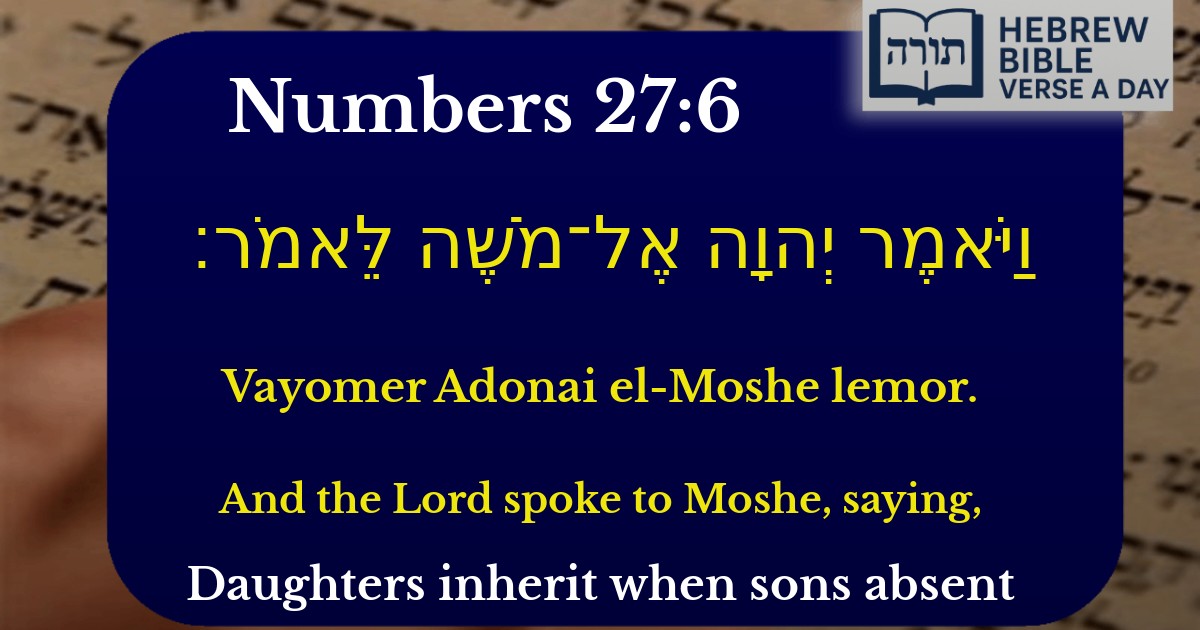Frequently Asked Questions
Q: What does it mean when the Torah says 'And the Lord spoke to Moshe, saying'?
A: This phrase appears frequently in the Torah to indicate that God is giving a direct communication to Moshe (Moses) to transmit to the Jewish people. Rashi explains that this wording emphasizes the precision with which Moshe conveyed God's messages.
Q: Why does the Torah keep repeating 'And the Lord spoke to Moshe'?
A: The Talmud (Yoma 4b) teaches that each repetition shows a new communication or a pause between topics. Rambam explains in Moreh Nevuchim that this phrasing maintains the Torah's structure as a record of divine revelations given at specific times.
Q: What is the significance of God speaking to Moshe?
A: This demonstrates Moshe's unique role as the greatest prophet (Devarim 34:10). The Midrash (Shemos Rabbah 28:1) explains that while other prophets received visions, Moshe heard God's words clearly, face to face, showing his unparalleled connection to the Divine.
Q: Why does it say 'saying' after 'spoke'?
A: Rashi notes that the word 'saying' (לאמר) indicates that Moshe was commanded to repeat these words to others - either to Aharon, the elders, or all of Israel. The Sifrei explains this teaches the importance of properly transmitting Torah teachings.
Q: How does this verse relate to us today?
A: This reminds us that Torah comes from divine revelation. The Rambam (Yesodei HaTorah 8:1-2) explains that our belief in Torah's truth is based on this direct transmission from God to Moshe at Sinai and throughout the wilderness journey.


The Divine Communication to Moshe
The verse "וַיֹּאמֶר יְהוָה אֶל־מֹשֶׁה לֵּאמֹר" ("And the Lord spoke to Moshe, saying") appears frequently in the Torah as an introduction to Hashem's commandments or revelations to Moshe Rabbeinu. This phrasing emphasizes the direct and unmediated nature of divine communication, as explained by Rashi (Shemot 6:2) and Rambam in Moreh Nevuchim (1:65).
Key Interpretations from Traditional Sources
Theological Significance
This verse reflects the foundational principle of Torah min HaShamayim (the divine origin of the Torah). As the Ramban (Introduction to Sefer Shemot) elaborates, every word transmitted to Moshe carries eternal relevance and authority. The Sforno adds that the phrasing underscores Moshe's humility—despite his exalted role, he served purely as a faithful conduit for Hashem's will.
Halachic Implications
The Mechilta (Bo 1) derives from this verse that Moshe's prophecies were binding for all generations, forming the basis for Torah She'B'al Peh (Oral Law). The Rambam (Sefer HaMitzvos, Principle 1) further clarifies that this establishes the immutability of the Torah's commandments.